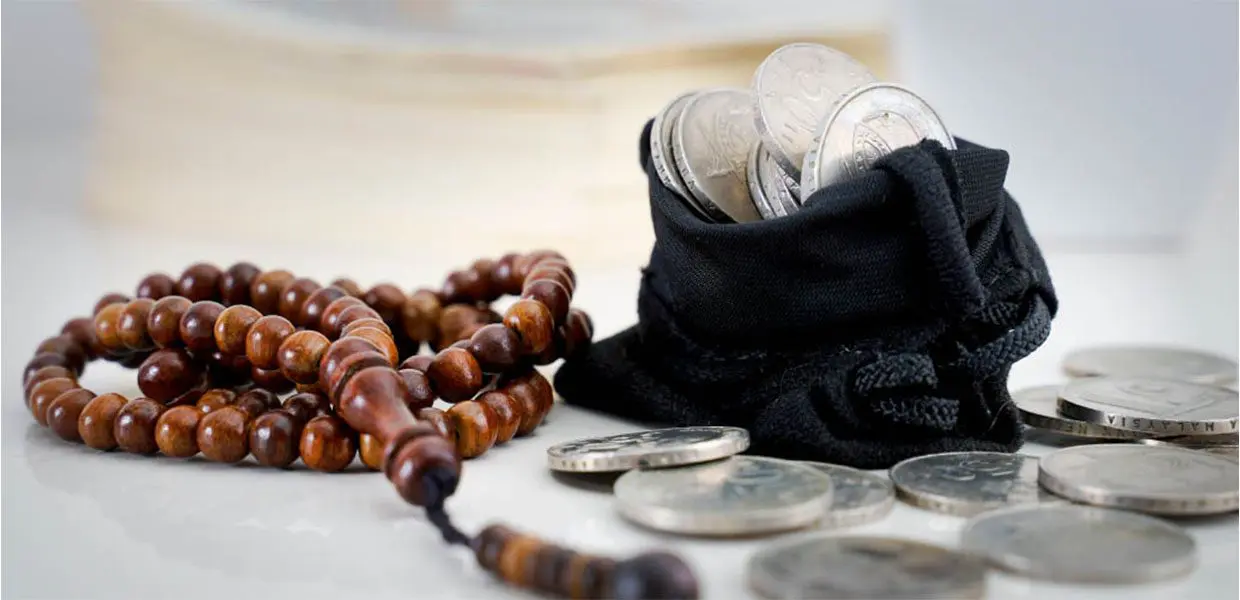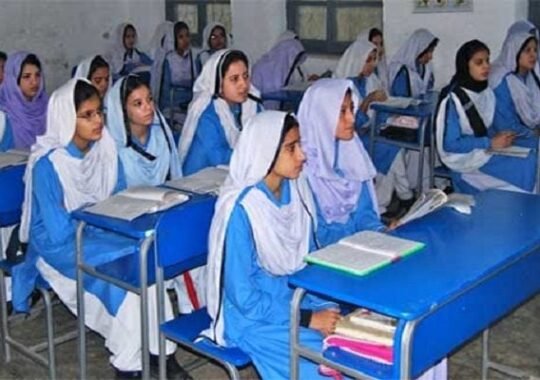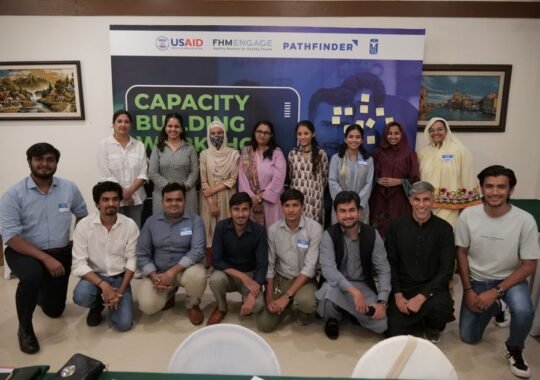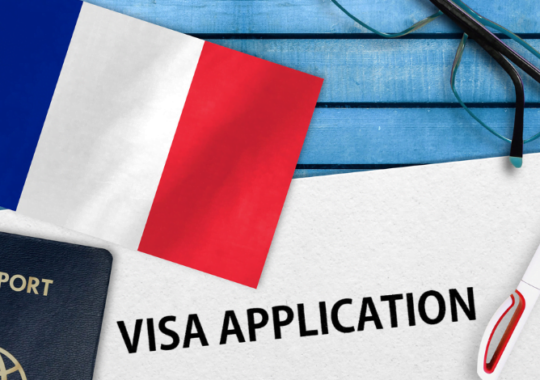Muslims in Pakistan observing Ramadan 2024 should be aware of the established rates for Fidya, Fitrana, and Kaffarah, as announced by prominent religious figure Mufti Muneebur Rehman.
Understanding Fidya:
- What is Fidya? Fidya is a form of compensation paid by Muslims who are unable to complete their Ramadan fasts due to valid reasons such as illness, travel, or pregnancy.
- Fidya Rates: This year, the Fidya amount varies depending on the chosen staple food:
- Wheat: Rs. 300 per missed fast (Rs. 9,000 for 30 fasts)
- Barley: Rs. 600 per missed fast (Rs. 18,000 for 30 fasts)
- Dates: Rs. 2,400 per missed fast (Rs. 72,000 for 30 fasts)
- Raisins: Rs. 4,400 per missed fast (Rs. 132,000 for 30 fasts)
Important Note: Affluent individuals are encouraged to contribute amounts exceeding the established rates.
Fitrana for Eid al-Fitr:
- What is Fitrana? Fitrana is a compulsory charity given to the underprivileged before Eid al-Fitr.
- Fitrana Rates: The Fitrana amount aligns with the Fidya rates mentioned above:
- Wheat: Rs. 300 per person
- Barley: Rs. 600 per person
- Dates: Rs. 2,400 per person
- Raisins: Rs. 4,400 per person
Kaffarah for Breaking Fast Unintentionally:
- What is Kaffarah? Kaffarah is a penance meant for those who unintentionally break their Ramadan fast.
- Kaffarah Requirements: As per Islamic guidelines, Kaffarah involves providing two meals to 60 deserving individuals.
Kaffarah Expenses:
- Wheat: Rs. 18,000 for 2 kg of wheat flour
- Barley: Rs. 36,000 for 4 kg of barley
- Dates: Rs. 144,000 for 4 kg of dates
- Raisins: Rs. 264,000 for 4 kg of raisins
Key Takeaways:
- This information serves as a guideline for fulfilling religious obligations during Ramadan.
- Muslims with specific needs or questions should consult with qualified religious scholars for further guidance.
- Fulfilling these obligations allows Muslims to actively contribute to their community’s well-being during the holy month.




